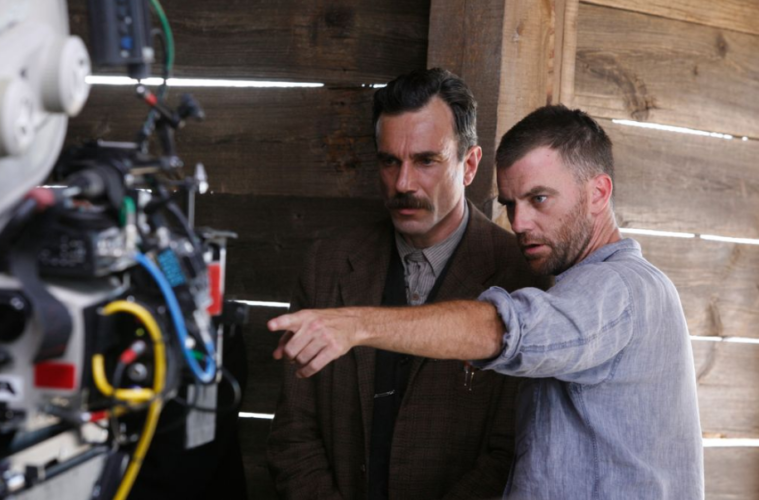
Dailies is a round-up of essential film writing, news bits, videos, and other highlights from across the Internet. If you’d like to submit a piece for consideration, get in touch with us in the comments below or on Twitter at @TheFilmStage.
Roger Corman will get a tribute at this year’s Locarno Film Festival.
Vulture‘s Kyle Buchanan posits what Paul Thomas Anderson and Daniel Day-Lewis‘ next movie might be about:
While New York came into its own as a style capital after World War II, the 1950s were mostly dominated by designers who lived and worked in Europe, like Christian Dior, Pierre Balmain, and Cristóbal Balenciaga, so if you presume that Day-Lewis’s character is a notable fashion designer — and given that the actor is in his late 50s, it’s not likely he’d be playing some mere lackey — then there are only a few notable, New York–based designers from that time who seem like they could be plausible subjects.
See end credits that show how much everyone working on a $200 million movie earns:
Brooklyn Mag‘s Forrest Cardamenis on Kelly Reichardt‘s subversive Night Moves and Meek’s Cutoff:
Just as Night Moves‘s lack of an elongated heist and firm sense of locality separate it from other heist films, Meek’s Cutoff separates itself from westerns through an absence of expansive gunfights and chases and with its more languid pace. Both films defamiliarize the genre as audiences understand it, placing it within the confines of realism, where the virtues of femininity can be more convincingly asserted.
Watch a beginner’s guide to Giallo:
Criterion‘s Tony Pipolo on Michelangelo Antonioni‘s Le amiche, which arrives today:
Le amiche (1955), Michelangelo Antonioni’s fourth feature film, was the first, of very few of his works, to be adapted from a literary source. For his three previous features, he cowrote the screenplays from his own stories, and he did the same, with three exceptions, for everything after Le amiche. That film thus now seems less a game changer than an indication of Antonioni’s respect for and affinities with the Italian novelist Cesare Pavese, from whose 1949 novella Tra donne sole (Among Women Only) it was adapted.
Watch a video about the restoration of Kino’s new release, Pioneers of African-American Cinema:
Fandor‘s Glen Helfand on an appreciation through a lens of place, time and queer perspectives in Todd Haynes‘ Safe:
One night last fall, when Todd Haynes’ Carol was building serious internet buzz, I avoided more pressing work to websurf the rapturous reviews of the film. Soon I found myself on the director’s Wikipedia page, which revealed his birthday. It was the exact same day and year as mine. (Heady, steady Capricorn, if that means anything to you.) I already knew, based on the setting of his still haunting film Safe, that we both grew up in the San Fernando Valley: He in Encino, a slightly more upscale suburban town mere miles from Woodland Hills, where my family had a mid-century tract house. The wiki even reveals that his mother is Jewish, adding another element of intersection.

